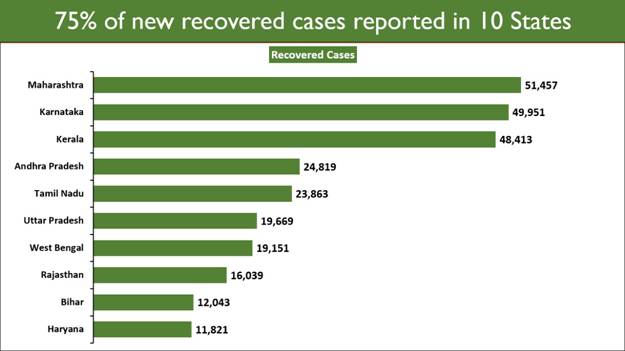Dublin, Ireland – Health system reforms to better integrate community pharmacies are necessary to strengthen Ireland’s pandemic preparedness, according to new research conducted by health policy analysts from Trinity College Dublin.
The study, published in the journal Qualitative Health Research, highlights the need for legislative changes to expand pharmacists’ roles, particularly during public health emergencies. Researchers also emphasized the importance of improving IT integration between pharmacies and the health system to facilitate patient record-sharing.
Key Findings and Recommendations
The research included stakeholder engagement, a review of 246 documents, and interviews with eleven senior policymakers across the government and health system. Lead author Aaron Koay, who conducted the study while pursuing an MSc in Comparative Social Change at Trinity, noted that during the height of the COVID-19 pandemic, community pharmacies played a central role in primary care while most healthcare services, including general practitioners, shifted to remote care.
However, the research identified delays in integrating community pharmacies into the national COVID-19 vaccination program. Unlike other high-income countries, Ireland engaged community pharmacies in vaccination efforts four months after general practitioners (GPs) had already begun administering vaccines. Despite pharmacies having a history of providing vaccination services—including the annual flu vaccine—there were differing opinions on the reasons behind the delay. Some cited regulatory and logistical challenges, while others questioned pharmacies’ capacity to safely and effectively vaccinate the public.
The study further highlighted the lack of strategic direction within the pharmacy profession and its limited influence on national health policy. Notably, the Chief Pharmacy Officer position in the Department of Health has remained vacant since 2013, and no pharmacy representative was included in the High-Level Task Force on COVID-19 Vaccination.
Policy Implications and Future Directions
According to the authors, the publication of this research coincides with a crucial period for policy change, as the Government’s COVID-19 response is under review. The study underscores that an earlier engagement of community pharmacies in vaccine administration could have saved lives and should be a key consideration in evaluating Ireland’s pandemic strategy.
While the Irish Government has recently committed to expanding pharmacists’ roles, the researchers caution against complacency, as policy implementation may still face obstacles and delays.
Dr. Camilla Devitt, associate professor of sociology at Trinity College, emphasized the broader political complexities involved in implementing pharmacy-based vaccination programs. “Our research, like previous studies, shows that Ireland’s health system is shaped by a range of competing ideas, interests, and institutions. Multi-method qualitative analyses like this one can expose the intricate workings of health policymaking and help drive improvements in public health,” she stated.
Conclusion
The research calls for legislative and structural reforms to enhance the role of community pharmacies in public health responses. Strengthening collaboration between policymakers and pharmacy professionals, improving IT integration, and ensuring strategic leadership in the sector are key steps toward a more resilient healthcare system.
Disclaimer: This article is based on research findings from Trinity College Dublin and does not constitute official government policy or legal recommendations. Readers are advised to refer to official sources for policy updates.











